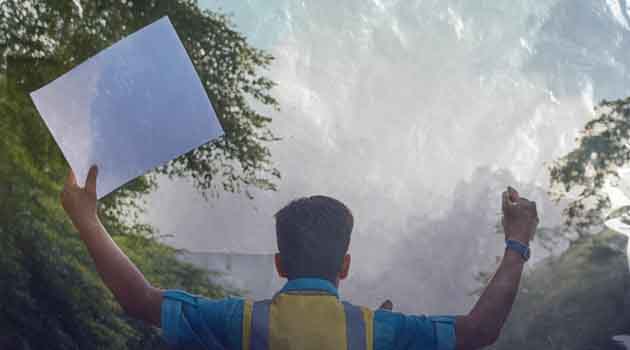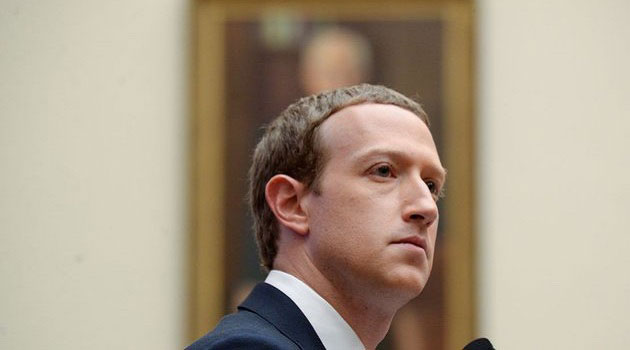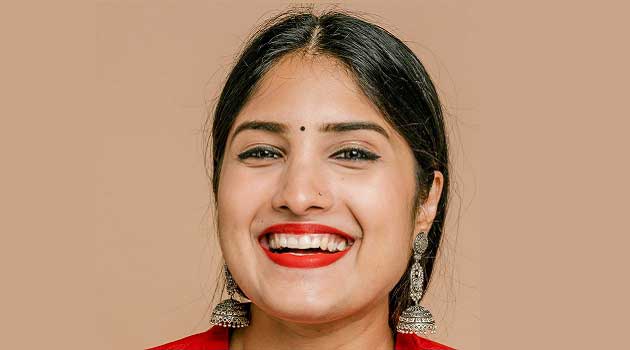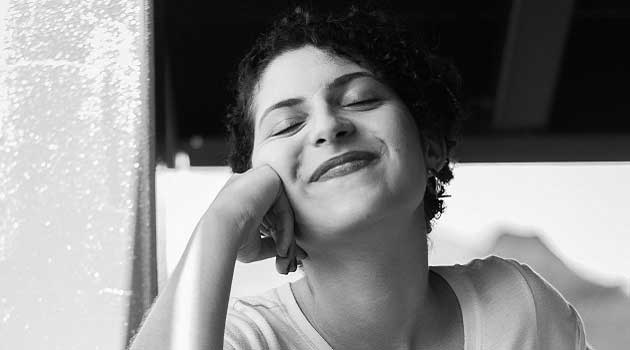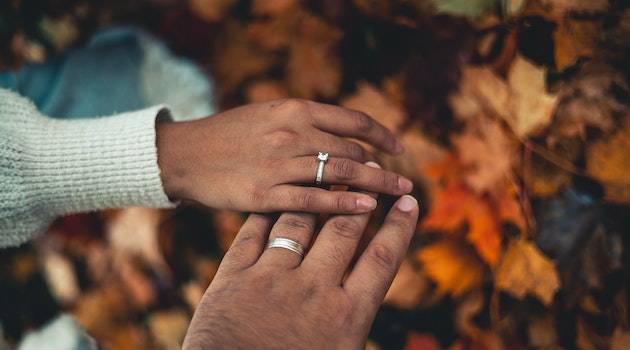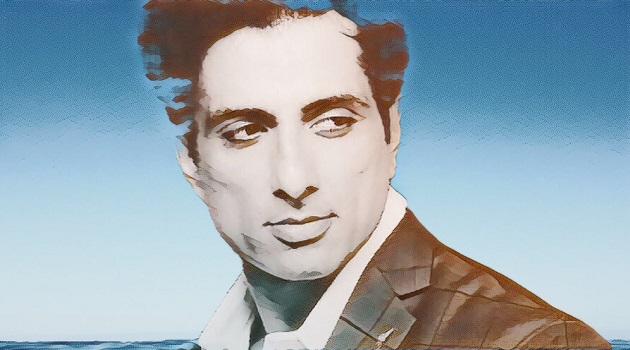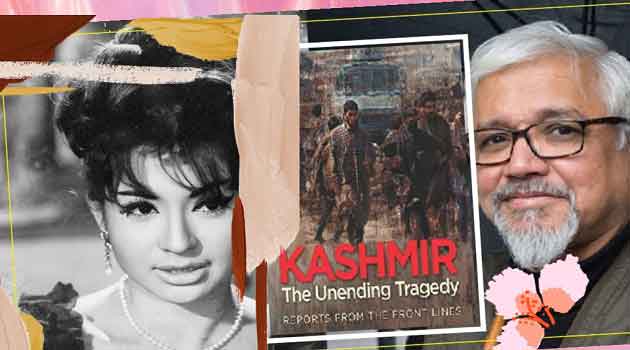He is one of the leading documentary filmmakers in India
You’ve been a Physics scholar from Mumbai University and later joined Film and TV Institute. What caused this shift of interest? Was there a shift at all, or was it something that you always wanted to do but were giving it some time?
Ramani: My passion for photography, right from my first year, made me decide to take this up as a profession. I also had other plans, but this was more feasible.
How was it since the beginning? Today, you have more than 20 independent documentaries to your credit. How difficult or easy has this journey been?
Ramani: Not difficult at all. It has been very invigorating all throughout.
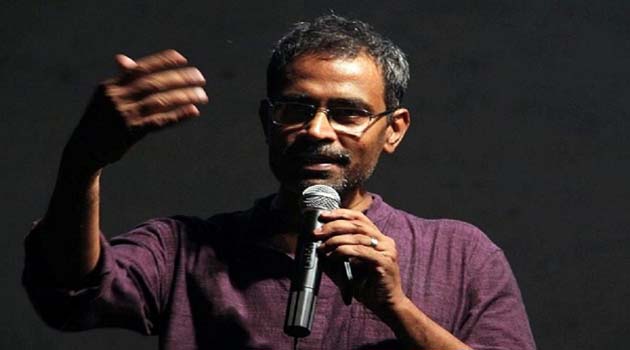
While making a documentary, have you ever had such experiences as if you were interfering in someone’s private space or life and making them public through your documentaries? How do you tackle these situations?
Ramani: I don’t intrude. I am only interested, so sometimes it becomes necessary to explain that it is a process. Access is important in filmmaking. One needs to establish it. If one gets misunderstood, it needs to be explained. Also one needs to keep looking for alternate methods.
How difficult is it to capture naturalness in camera, given the fact that a camera might not let people be as they are ‘naturally’? Has your camera ever become a hindrance to your work in that sense ever, in not letting you capture what you look for?
Ramani: It has never been an obstacle. But it has become a motivator. Yes, that often happens but if your purpose is clear, then these things can be solved. Primarily I need to be convinced and relaxed about the shooting. For example, the security guys treat camera as a spy mechanism. It is their job. Here, in filmmaking too, if one makes the purpose clear, it helps. If you are stopped from filming, say a public demonstration, you can explain your purpose or just go ahead and shoot anyway, depending on how much risk one can afford to take and to what purpose. Fundamentally, I respect people’s privacy. For filming, one needs cooperation, which has to be arranged and looked after. This can be done through so many ways, directly or indirectly, largely depending on the need of the film.
Are all your documentaries made with specific purposes? Obviously, one is to reach out to people. But then, do you keep your target audience in mind every time you shoot a documentary?
Ramani: Well, no targets. I do it because I want to. I think of friends etc on the way. But essentially I need to figure out a film. Nobody is waiting for me. If I like, I share in whatever way.
